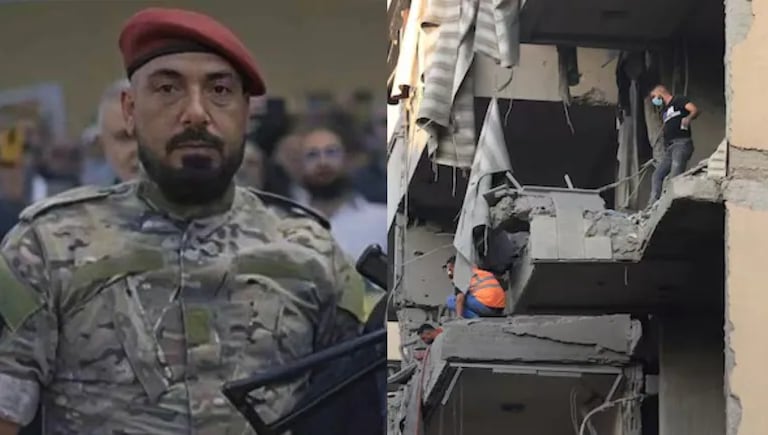Israel Says Strike Likely Killed Hezbollah Military Chief in Beirut
POLITICS


A massive Israeli strike tore through Beirut’s southern suburbs — and Israel says it may have taken out one of Hezbollah’s top military leaders. But with no confirmation from Hezbollah, a new question emerges: was Haytham Ali Tabatabai really killed, or is this another fog-of-war moment?
A high-intensity Israeli strike on Beirut’s southern suburbs has triggered one of the most consequential questions of the war: Did Israel finally kill Haytham Ali Tabatabai, the Hezbollah military commander long considered one of its top targets?
According to Israeli officials and early intelligence assessments, the answer is “very likely.”
Israel claims that the strike — which hit a building in the Haret Hreik/Dahieh district — targeted a location used by Tabatabai, often described as Hezbollah’s de facto military chief or chief of staff.
The blast left multiple casualties and more than twenty wounded, according to Lebanese emergency officials. The precision of the strike and the level of damage immediately fueled speculation that Israel had aimed for a senior figure rather than a symbolic infrastructure target.
But hours after the strike, Hezbollah offered no confirmation. No statement. No acknowledgment. No funeral announcement. Nothing to indicate that the group’s most important military strategist had been taken off the battlefield.
That silence is striking. Hezbollah typically announces high-profile losses quickly — often within hours — to shape the narrative and rally supporters. When it stays quiet, analysts say one of two things is happening:
Either the figure survived, or Hezbollah is deliberately withholding confirmation for operational or political reasons.
Israel, meanwhile, is projecting cautious confidence. Some Israeli media outlets — citing unnamed defense sources — report that officials are “increasingly confident” Tabatabai was killed. Still, Israeli authorities have not issued an absolute confirmation, which suggests the intelligence picture remains incomplete.
This uncertainty leaves the Middle East on edge. If Israel did kill Tabatabai, the region may be bracing for a new round of escalation. He was one of Hezbollah’s most important battlefield architects, reportedly overseeing operations in Syria, Yemen, and the Lebanese-Israeli frontier.
If he survived, the fallout will look very different — and the strike may be remembered more for the risks it created than the target it eliminated.
For now, the death of Haytham Ali Tabatabai remains likely but unconfirmed.
The fog of war is thick, and both sides appear to be playing a strategic waiting game before declaring the strike a historic breakthrough — or a near miss.
